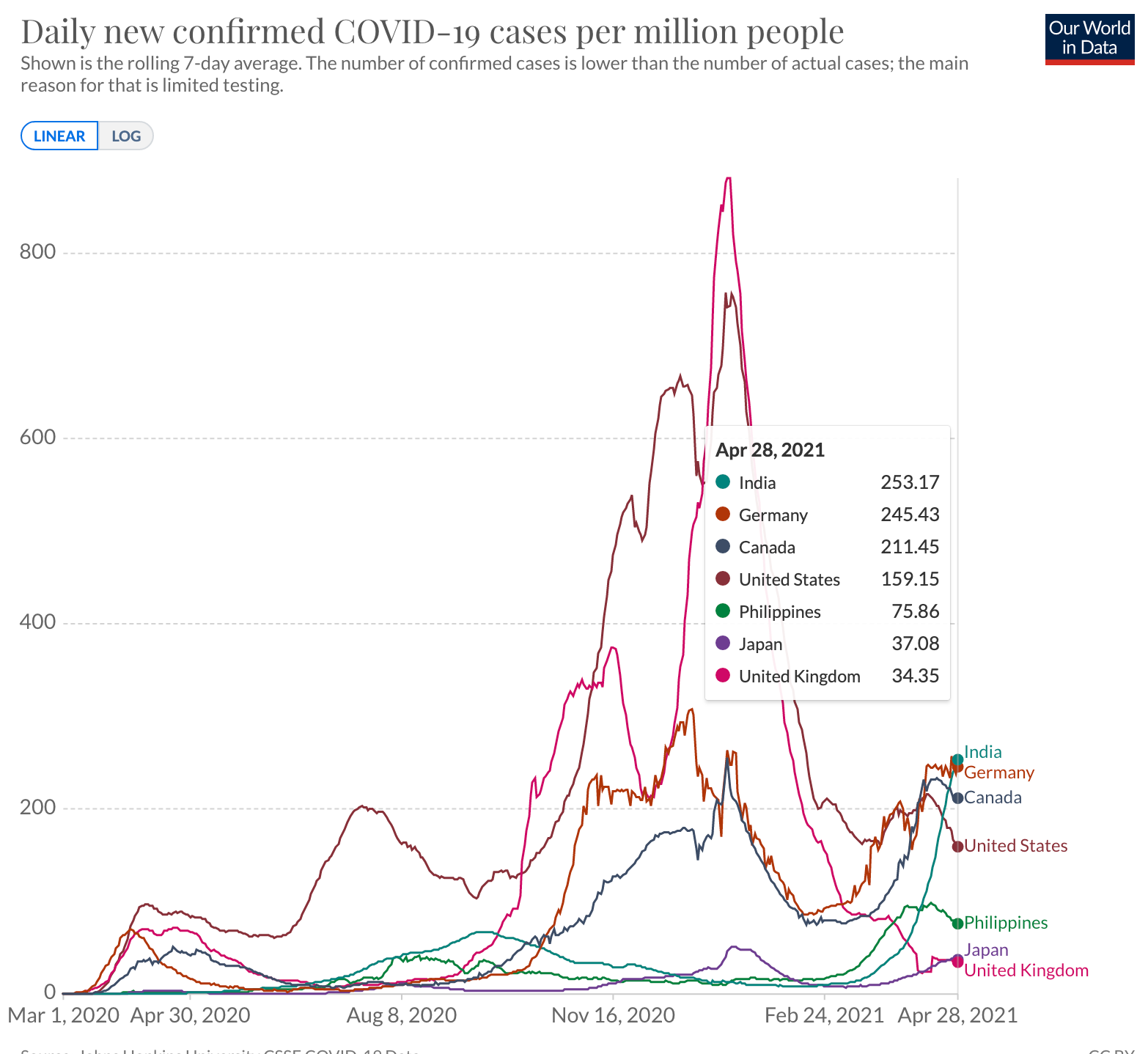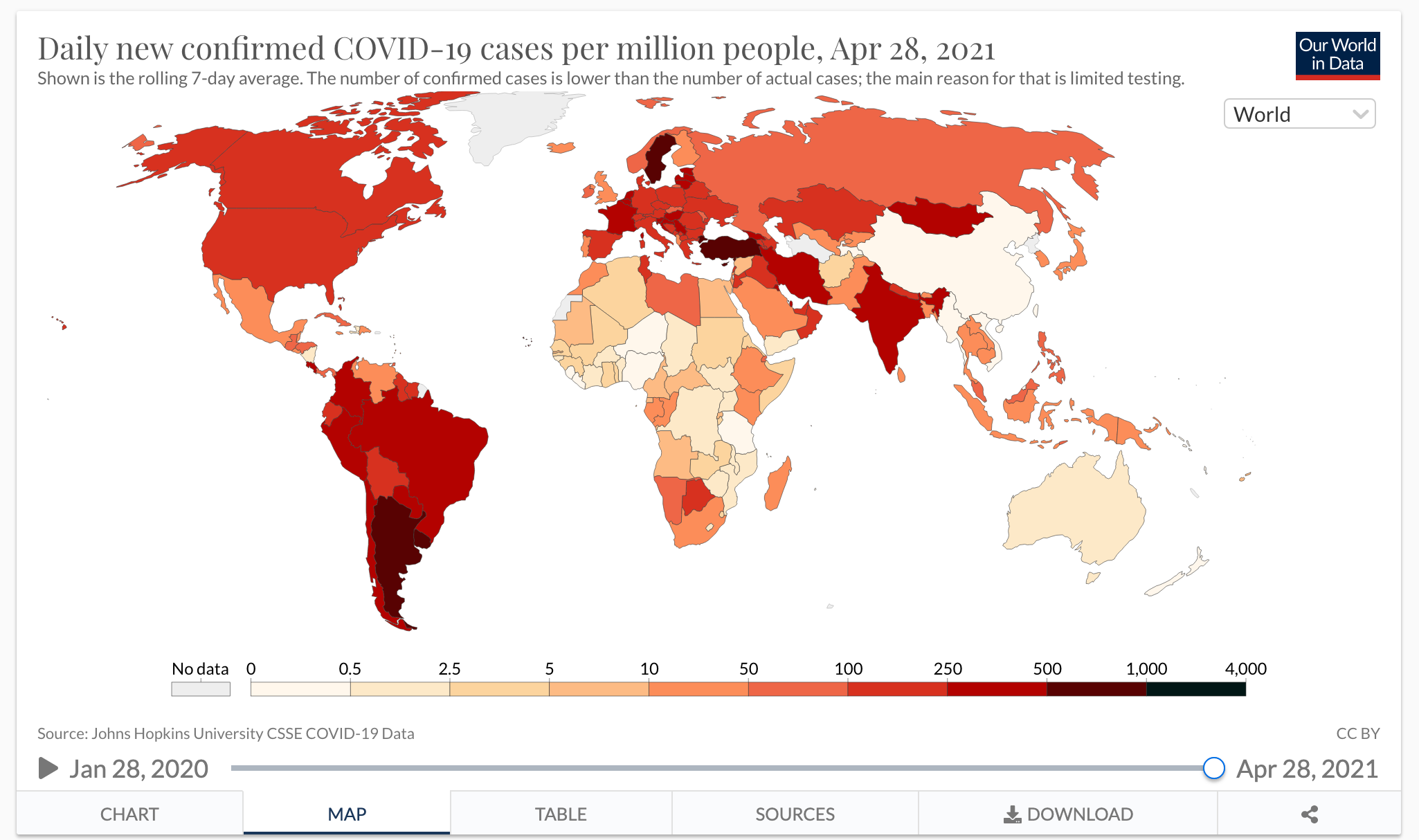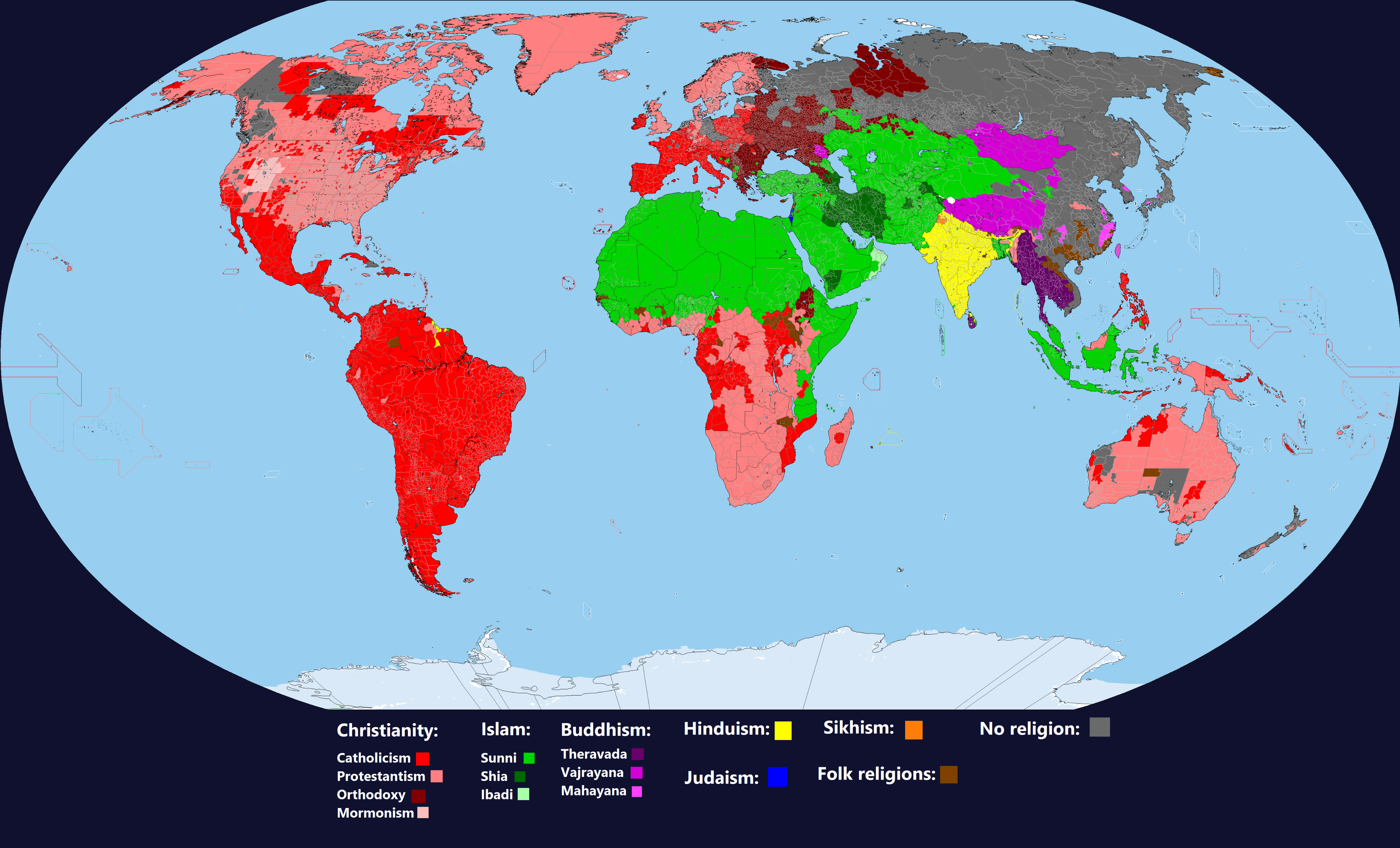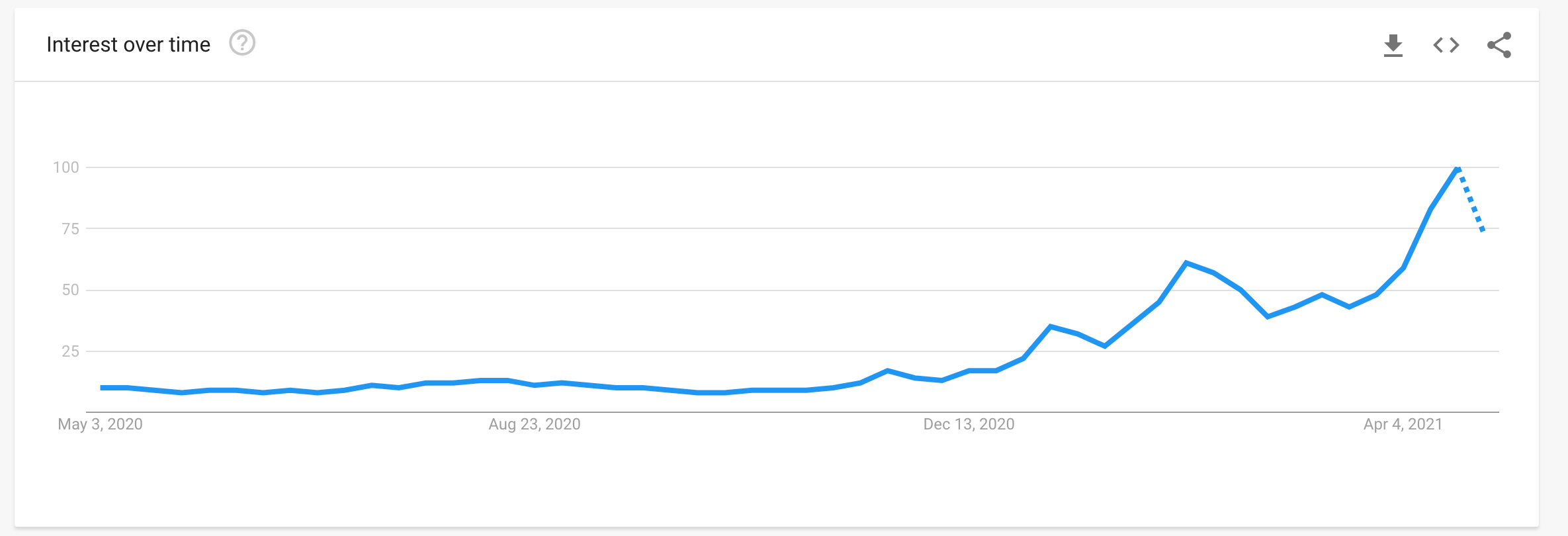-
Posts
429 -
Joined
-
Days Won
27
Content Type
Profiles
Forums
Articles
Calendar
Blogs
Posts posted by Do Better
-
-
ExpressVPN has fewer connection options. Doesn't have controls which server/IP to connect to. You just pick a location, and you get connected to whichever server/IP is available.
-
 1
1
-
-
Summary: Not reliable compared to ExpressVPN
I unsubscribed to CyberGhost VPN after 2 weeks of using it. Their service is "hit and miss", sometimes you connect to the specific server you want, sometimes you get connected randomly to other servers in another country. For some users this is just OK, but for some who require connecting to specific locations, this wont work. Some websites also do not fully load.
Here's my goodbye letter to them
Hi There. I REALLY wanted to like CyberGhost but I just find the connections not reliable. Sometimes I am able to connect to a server that I want, but sometimes I just get connected randomly to other servers in other countries that I did not select. I like the fact that you have so many servers with so many IPs. But selecting specific servers just doesn't work sometimes. Also, some websites in the USA doesn't fully load. I will subscribe again once you have this fixed. Please let me know.
-
 1
1
-
-
...you keep logging into your online bank account, staring into the abyss
-
 2
2
-
-
I've always been a fan of free energy from solar panels. In the past 10 years I've collected several solar panels that I bought online, but I've never really invested in a solar panel array to power our home. It just doesn't beat the cheapness and comfort of using energy from the grid. This is more like a hobby at this time, still after 10 years. Sigh.
This thread will attempt to evaluate the current practicality of solar power generation. Which is better for everyone, in the long term?
-
9. Do you work with accountants or lawyers?
If you're a business owner or have other complex financial circumstances, or you're looking to create a strategy for your estate, chances are other professionals will need to coordinate with your financial advisor. Will the financial advisor you’re considering work with professionals already on your team? Will they provide referrals if you need these services?
10. What resources will I have when working with you?
Depending on the financial advisor, they may work independently or as part of an investment organization. This may be important to your values as an investor, especially as your financial needs become more complex over time.
You may want to see what resources your financial advisor has that could help you feel more confident, informed and in control of your financial picture. Will you have access to online tools to monitor your portfolio? Does your financial advisor have technology to meet with you if you can't meet in person? Does your financial advisor have access to up-to-date market news and financial education resources they can share with you?
-
7. How will you communicate with me, and how often?
Communication is key to any successful relationship. A financial advisor should be proactive. They should give you regular updates and the latest investment guidance and research. And they should periodically check in to see if your needs have changed since the last time you met.
The right amount of communication will of course vary from person to person. It's a personal preference – strike a balance that works for you. When you've decided to hire an advisor, agree on how often you’ll touch base before you commit. You should expect at least one annual meeting to review your financial picture.8. How will you take into account my assets you aren't directly managing?
A good financial advisor knows that your net worth may not exist only in the assets invested with their firm. You could have a Group RRSP through work, or you may have some rental properties. It's important you’re transparent with them about all assets you may have and keep them updated, so they can make sure all your assets are working toward your overall goals.
-
5. How are you paid?
Financial advisors use a variety of fee structures. Ask what approach they use – a percentage of the assets managed, a flat fee, transaction fees, an hourly rate or a combination of approaches. A good financial advisor will be candid about how they’re compensated.
6. How will you track my investment performance?
Ask your financial advisor what success looks like when it comes to your specific financial goals. The answer will help you learn what they value. Then consider if their values align with yours.
In your day-to-day life, your financial advisor should be tracking your investment performance according to how it works toward achieving your long-term goals. Of course, while it's important to stay on top of market trends and periods of volatility, they should also weigh any short-term movement against your long-term strategy.
Check that your potential financial advisor understands the value of having a diversified portfolio. And make sure they'll work with you to rebalance your portfolio when you need it, so you can stay on track toward your long-term goals. Diverse portfolios help promote steady and sustainable investment growth.
-
3. What professional experience do you have?
Beyond financial planning, many financial advisors have other career experience that could benefit you. They might be a former accountant or someone with a managerial background. Many financial advisors are former military members or teachers, which may fit well with you.
If they’re newer in their careers, consider that these professionals often bring a great deal of enthusiasm and dedication to their work. Also consider if they’re backed by the resources of an established firm, which can be a win for both of you.
Many financial advisors pursue professional industry certifications to help them best serve their clients. At a minimum, a financial advisor must meet the requirements to sell securities. You can easily verify this by using the financial industry's IIROC Advisor report www.iiroc.ca
4. What's your investment philosophy?
A strong financial advisor will take the time to learn about you, and all the people and things that matter most to you. It’s important for them to fully understand your unique financial picture and why you’re investing. So they’ll ask detailed questions about your goals, your current financial position and where you want to be long term. It’s only after these conversations that they should start recommending strategies or products.
Find out if your financial advisor favors one style of investing or a particular type of investment. Certain styles and investments may be well-suited for some investors, but inappropriate for others. If you believe a financial advisor has a one-size-fits-all approach, you may want to look elsewhere.
-
1. How do we work together?
Between work and family commitments, it’s crucial to find someone who makes good use of your limited time. Ask about when and how they can meet with you. Do they have evening or weekend hours? If you can't or don't want to meet in person, do they have tools, like web conferences, to meet virtually? How often will they meet with you?
Besides the basic logistics of meeting with a financial advisor, it's important to see if your approach to working with someone aligns with them. Maybe you like to be very hands-on, or perhaps you like the idea of turning over the decision-making to a professional. Be sure the financial advisor you're considering supports the way you'd like to partner together.
2. What services do you provide?
Before you settle on a financial advisor, consider what you're looking for. Do you have more straightforward financial needs and goals, with perhaps retirement savings from registered plans and employer-sponsored plans? Or do you have complex financial needs that require much more comprehensive management with a team of other professionals, such as your accountant and lawyer?
Financial advisors often offer a wide range of services, including:
- Retirement strategies
- Trust and estate consideration
- Tax mitigation opportunities
- Education savings
- Insurance protection
- Cash flow strategies
- Charitable giving
- Business succession options
Some advisors work only with high-net-worth individuals. Other financial advisors cater to a wider variety of clients at different life stages and with varying needs and goals. See if they can meet your needs now and in the future as your life and finances evolve.
-
Planning your future can seem daunting without the help of mentors and guides. That is why there are financial advisors. Yes, they will cost you, but the overall effect is worth it. They can will ask you questions first, and you will have to ask them questions too. The more you open up to your advisor the more they can tailor fit investments and other things for you. Here are 10 questions you should ask your financial advisors.
-
God (Christian) loves us so much that he has given us freedom of choice, freedom to do what we want. We have brought the pandemic onto ourselves and our fellow human beings. The Pandemic is not the work of God. It is the result of the freedom God has given us.
If I gave you a school ruler and asked you to measure your table it would be an easy task, but if I asked you to measure your house using a school ruler it would be very difficult. But if I gave you a carpenters tape measure you can easily measure your house. With the same tape measure I will ask you to measure Malacanang Palace, that would again be a difficult task. But if I gave you a laser measuring tool measuring the palace would be easy. I now ask you to measure the land area of the Philippines using a laser measuring tool - difficult. But when you use Google Earth it becomes easy... and so on and so forth... my point is, when you measure something you have to use the correct tool.
Let us now measure God. Let us now understand God's plan. What do we use? Do we use our brain as a tool? We can't even figure out how to travel at the speed of light, we haven't decoded the human genome, we haven't calculated the mass of the universe... etc. How do we comprehend God?
We are like ants, we can only see one foot away. We cannot see there's cake inside the ref. We are like birds in Manila, we can't see what's in Davao. We are like pigs in the slaughterhouse, we cannot see what's in store for us in the next few months. We are like chicken in the hen house... we have very limited vision. We cannot see. We cannot understand. We cannot comprehend God.
The analogy above is my original concept. To further illustrate this concept allow me to bring in the concept of time and numbers. The human lifespan is around 80 years. How do we comprehend a being who is infinite? I'm sure everyone watched Marvel movies, infinite timelines, infinite universes... and yet we are here, crying because of covid.
God is infinite. If we all die right now. It is probably his plan. We will never understand his point of view because of our limits. Brain limit. Lifespan limit. Dimentional limit.
How do you explain color to a blind person?
-
The "knowledgeable" ones are fierce. The "lukewarm" ones are the ones who don't really have a grasp of their beliefs, they are the ones who will want to excuse themselves from an intellectual conversation. That's why it's difficult to have a friendly debate because of lack of participants.
The atheists and the agnostics are the chill ones coz they really don't have nothing to prove. It's like going down a mountain.
But the faithful ones are the ones climbing mountains, pushing a boulder upwards. And, the more pain the pandemic brings, the bigger the boulder becomes. This challenge and hardship of maintaining the faith sometimes becomes the drama, becomes the cry of Balintawak, becomes the Mendiola of the faithful, becomes the life definition of some people. They fall in love with the notion of being a devout believer. Neglecting the logic of it all.
What kind of God kills first borns? (Old testament)
What kind of God allows a Pandemic? (current time)
-
We share some similar views.
Have you given it thought, that maybe your religious freedom was because of Christianity's flexible value system? In some religions they will persecute you if you denounce. I have not fully done research on this subtopic.
Sadly, you cannot engage religious people in an intellectual discussion on the internet. Maybe it's because faith and logic are on different sides of the spectrum.
There's are many scientists and engineers that I know who are extremely successful in their fields, can explain physics flawlessly, can do engineering error-free, etc. But, when the discussion is about faith they have this personality switch in an instant! From logical to faithful. Gladly, my colleagues here are the nice types. They will just ask not to discuss faith, ask to leave their beliefs alone, ask to change topics, will say they respect my beliefs and I should respect theirs, etc. Not the confrontational types.
Up to now I'm still peacefully looking for answers.
-
-
-
-
USA is a Christian country that does not know how to share vaccines? Russia has no religion (according to map) but they have vaccine technology? Hinduism is taking a beating in India with the highest Covid fatalities. Brazil is fully Christian but they're fully infected as well.
-
 1
1
-
-
You think in Islamic places there are Atheists too?
Here's a map to aide us in our search for God during the Pandemic 🙂
-
Hi @just_checking, are you one of them?
Hi @Nightwriter, I was a sacristan during my teenage life. I asked questions but were unanswered. Which made me not believe anymore. But now that I'm a grandfather, I realized that it was unfair to base my faith on that priest that I interrogated. It was not fair. So I did my own research, I wanted to give Christianity a fair chance by defending it myself. I read books about it, not just the bible.
-
 1
1
-
-
Cryptocurrencies by market capitalization
Bitcoin $1.2 trillion
Ethereum $263.4 billion
Binance Coin $87 billion
XRP $81.8 billion
Tether $45.4 billion
Cardano $44.7 billion
Polkadot $39.3 billion
Uniswap $18.8 billion
Litecoin $18.1 billion
Stellar $14.9 billion
-
-
-
Hi @Viola, almond milk is NOT a good source of protein according to the internet 🙂
This is my personal list, culled from the internet. EASY was my only requirement when I wrote this list. There are lots of sources but many of them were not common and not practical to eat. I did not include beans because of it's tendency to flare up gouts and joint problems.
-
Bonus - SOY MILK has 7g of protein per cup (240ml). Will not give you lactose issues, you can mix in your spirulina powder. If you have your favorites please share them here. No wrong or right reply. Stay healthy 🙂









What Diet Worked For You?
in Health | Fitness | Diets | Well-being
Posted
For some it's eating nothing but meat, for others it's vegetables. What's your diet strategy to stay fit?